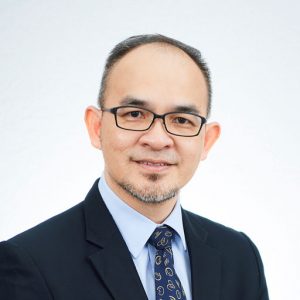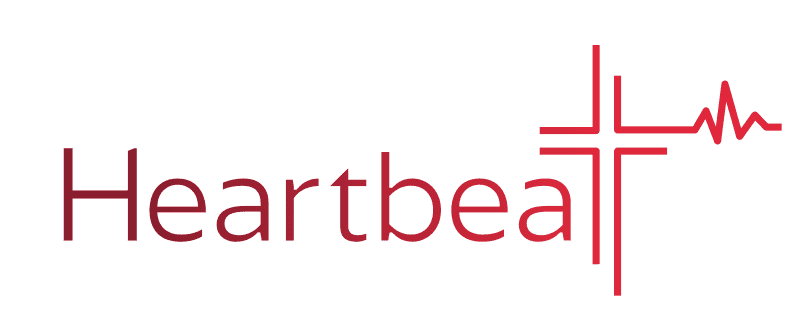Theological education takes various forms in order to balance between what is changeable and what is unchangeable in relation to local, regional, and even global conditions. Within the next decade or two, artificial intelligence (AI) will replace the majority of repetitive and routine jobs. For the first time in history, we cannot confidently prepare the next generation to enter the job market.
Put together, the need for theological education to address its local, regional, and global contexts and the deep uncertainty brought about by automation point to a paradigm shift in how theological education should be done. But what is changeable and unchangeable in theological education?
Unchangeable: The Word of God
Christian faith takes the whole counsel of God seriously. The apostle Paul instructed his apprentice Timothy to entrust his teachings to reliable people qualified to teach others (2 Tim 2:2). This resonates with the early church leader Jude urging Christians to contend for the faith that was once for all entrusted to God’s holy people (Jude 3). To ensure the orthodoxy of biblical teachings, early Christians took pains to develop a Bible-based and systematic framework of dogmas, expressed in creedal statements such as the Apostles’ Creed, Chalcedonian Creed, Nicene Creed, and Athanasian Creed.
Changeable: Pedagogies
The medieval church developed the teaching of biblical orthodoxy into more systematic curricula. This paved the way for cathedral schools (for the aristocracy), monastic schools (for monks and nuns), and eventually universities. At the time, theology was championed as the queen of all sciences, being the foundation of truth and all-encompassing framework of knowledge above all disciplines.
This approach to theological education achieved unprecedented results in various disciplines and forged a spirit of critical inquiry into truth, which extended from the Renaissance to the Reformation and the Enlightenment. Nonetheless, the Reformers chose to redirect theological education toward subject matters within the biblical framework of truth. They did so by expounding on the Bible as well as the early creeds.
Truth and Tools
With the rise of modern humanism (which rejects the “supernatural”) and scientific inquiry of truth, severe criticisms were heaped onto the Bible. For the past three centuries, Bible-believing Christians and churches have fought fiercely for the authority and infallibility of the Bible against modernist criticism and liberal theology. But while defending the truthfulness of the Bible as the word of God, the church has sometimes failed to weigh fairly the positive contributions of scientific methodology and discoveries.
For the past two centuries, the majority of the non-Western church has held fast to the biblical faith bequeathed from Western missionaries and to the authority of the Bible. Asian Christians have also learned the hard way about the flaws of liberal theology and the weaknesses of fundamentalism. We have come to realise that if God is the creator of all creation, then all truth is God’s truth. Bible-believing Christians should not unthinkingly reject the critical tools of the natural and social sciences. Theological education must leverage critical tools so as to advance biblical truth for the edification of the church and the public witness of the gospel truth.
Between Changeable and Unchangeable
Singapore Bible College has an inheritance of balanced intellectual and spiritual principles of theological education, boiled down to our five fundamentals: Christ-centred, Bible-based, church-oriented, missions-directed and context-relevant. Our teachers and students mutually edify one another in a learning community, growing as scholar-pastors who strive to be servant-leaders, effective communicators of God’s word, and integrative thinkers.
With these unchangeable principles forming our compass, the theological education we provide must change in an ever-changing intellectual and cultural landscape, specifically in the aspects of lesson delivery modes, pedagogical methods, curriculum design, and teaching facilities. To this end, SBC has recently initiated the following programmes:
- Diploma in Holistic Growth (Chinese) to equip bivocational Christians serving in the marketplace, family, and other areas
- Diploma in Intercultural Studies (English) to equip missionaries in need of basic biblical and
theological training - Master of Ministry in Music (English/Bahasa) in Bandung, Indonesia to upgrade the knowledge and skills of worship leaders and ministers
- Graduate Diploma in Counselling (English) to equip full-time and part-time students with basic Bible-based counselling skills for the caring ministries of the church
- Certificate in Church Ministry (English/Chinese) to equip fellow Christians for greater efficiency in
leadership, Bible teaching, counselling, and worship ministry - Tenth anniversary package (Chinese) to encourage Christians who cannot come to our campus to pursue an online diploma/certificate in Christian Studies instead
In the midst of ceaseless change, SBC continues to be dedicated to serving the church and mission field by equipping faithful servants of Jesus Christ with unchangeable principles based on God’s word. Please support us as we do so!





